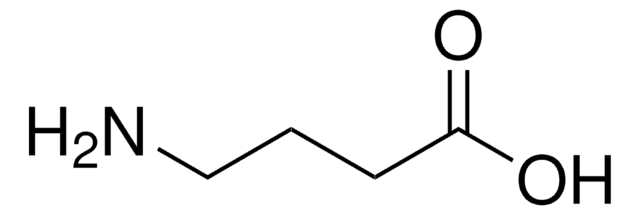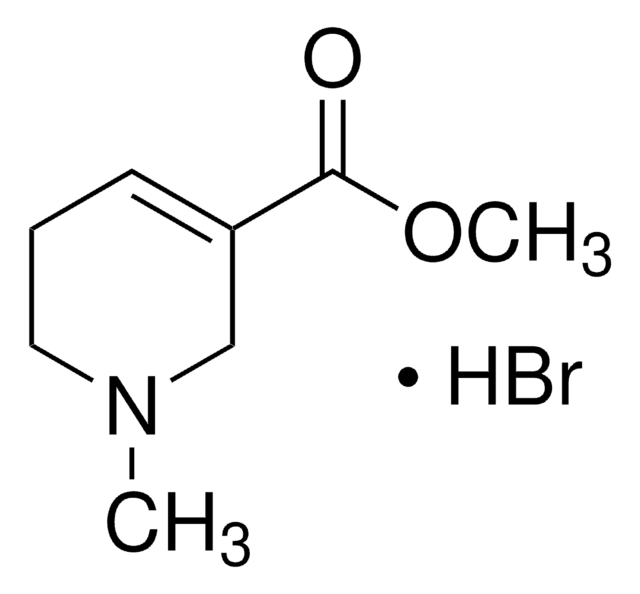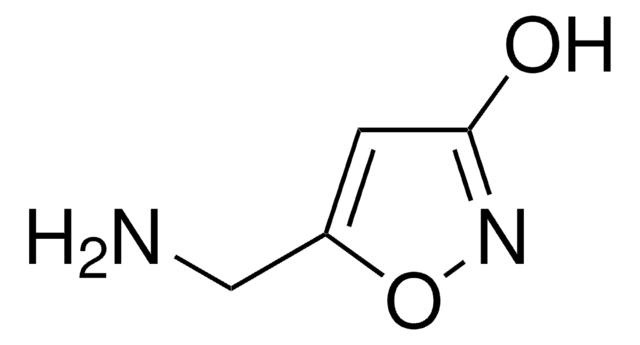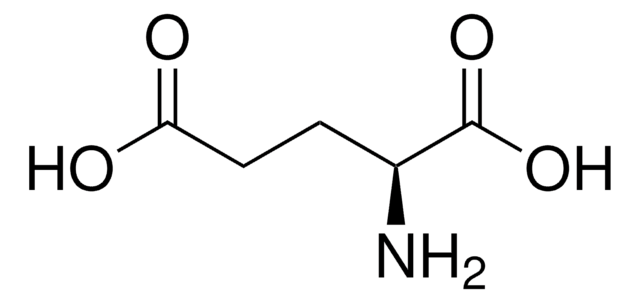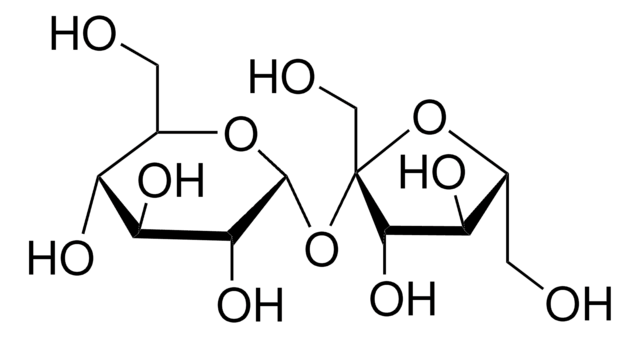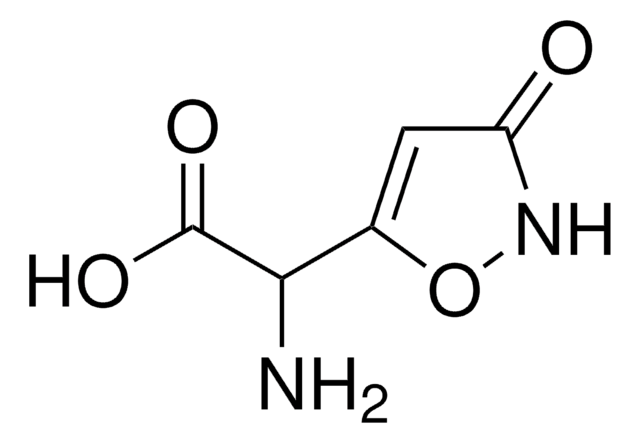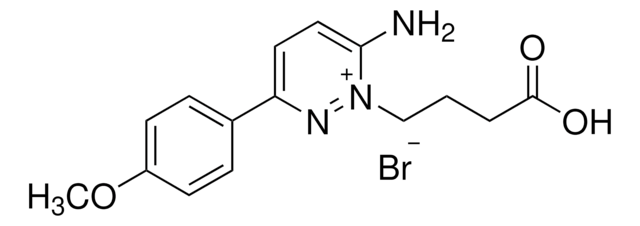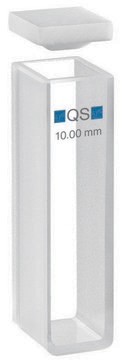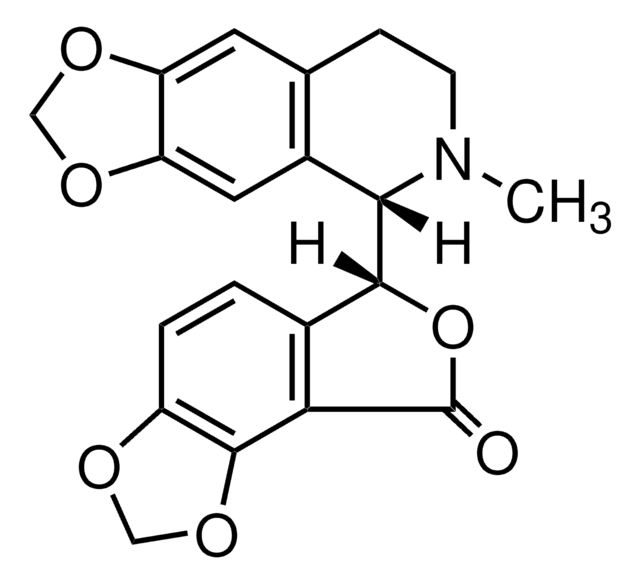G002
Isoguvacine hydrochloride
solid
Synonym(s):
1,2,3,6-Tetrahydro-4-pyridinecarboxylic acid hydrochloride
About This Item
Recommended Products
form
solid
Quality Level
color
white
solubility
H2O: soluble (refrigerate if not used immediately.)
methanol: slightly soluble
neutral and acidic solutions: stable (in basic solutions the free amine can oxidize easily)
SMILES string
Cl[H].OC(=O)C1=CCNCC1
InChI
1S/C6H9NO2.ClH/c8-6(9)5-1-3-7-4-2-5;/h1,7H,2-4H2,(H,8,9);1H
InChI key
SUWREQRNTXCCBL-UHFFFAOYSA-N
Gene Information
human ... GABRA1(2554) , GABRA2(2555) , GABRA3(2556) , GABRA4(2557) , GABRA5(2558) , GABRA6(2559) , GABRB1(2560) , GABRB2(2561) , GABRB3(2562)
Application
- to study its effects on neuronal activity in rats
- to study its antiallodynic effect in rats
- to study its effects on baroreflex gains in rats
Biochem/physiol Actions
Features and Benefits
signalword
Warning
hcodes
Hazard Classifications
Eye Irrit. 2 - Skin Irrit. 2 - STOT SE 3
target_organs
Respiratory system
wgk_germany
WGK 3
ppe
dust mask type N95 (US), Eyeshields, Gloves
Certificates of Analysis (COA)
Search for Certificates of Analysis (COA) by entering the products Lot/Batch Number. Lot and Batch Numbers can be found on a product’s label following the words ‘Lot’ or ‘Batch’.
Already Own This Product?
Find documentation for the products that you have recently purchased in the Document Library.
Customers Also Viewed
Related Content
DISCOVER Bioactive Small Molecules for Neuroscience
Our team of scientists has experience in all areas of research including Life Science, Material Science, Chemical Synthesis, Chromatography, Analytical and many others.
Contact Technical Service